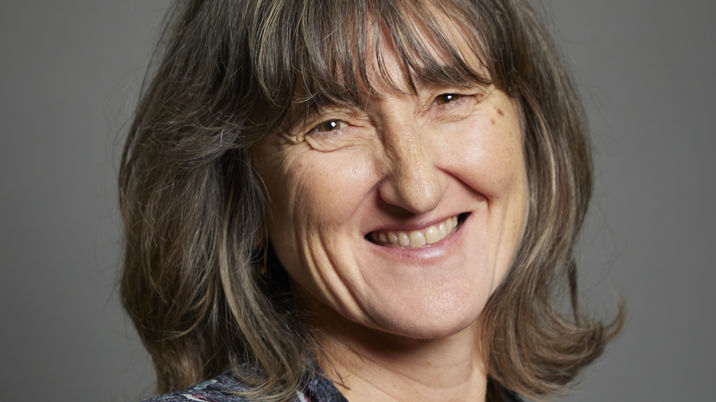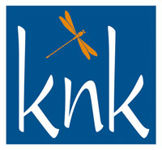
The News Media Association has reported that senior parliamentarians and creatives have raised significant concerns about the theft of copyright on a mass scale by generative artificial intelligence firms. Dozens of organisations and individuals have voiced their support for amendments tabled by Baroness Kidron to the Data (Use and Access) Bill, which would make UK copyright law enforceable in the age of GAI.
The News Media Association says amendments have been signed by Lord Clement-Jones, Liberal Democrat Lords Spokesperson for Science; Lord Stevenson, former Labour Spokesperson for Science, Innovation and Technology; and Lord Freyberg.
These amendments would make the UK’s existing copyright framework enforceable, empowering creative industries, media organisations, and individual creators to decide whether their copyrighted work can be used to train GAI models, added the News Media Association. They would also enable creators to negotiate for fair terms when licencing their content. By fostering a dynamic licencing market for creative content in GAI development, these measures would ensure that both the creative and tech sectors can flourish together, the News Media Association continued.
A diverse range of stakeholders from across the creative industries have come together, including global best-selling author, and founder of the Women’s Prize for Fiction, Kate Mosse. She said: “Everyone is interested in how we can do things more efficiently and more quickly. If there is no time for creators to create, there will be nothing to be data mined.
“As a writer, I want to engage with AI, and I do engage with AI. But we are looking for the F word – fairness.
“Copyright exists. Intellectual property exists. But the law is not being kept and there is a clear obfuscation of the law. If you say you want to be paid, it will seem you are dismissing AI. There is a deliberate blurring from tech firms.
“What we need is not ‘opt-out’ – which won’t work because authors do not have the time. This solution would be a barrier to new creation in many ways. It will kill originality.
“In summary, don’t destroy copyright. Respect creators. Give us a seat at the table – we are not here to stop you. We embrace change. But if copyright is watered down, it will severely damage the creative industries and without, there will be nothing left.”
As well as posing an existential threat to the UK’s world-leading creative industries, the News Media Association says concerns have been raised that innovation in GAI could stagnate if businesses and creators are not properly rewarded for the use of their work. Without fair remuneration, they will be unable to continue producing the high-quality content that serves as the essential fuel for advanced GAI models.
Baroness Kidron emphasised the urgent need for robust protections for creators. She said: “Failing to pay for creative work is hollowing out our creative industries and preventing the next generation from contemplating a creative life. Our creative industries fuel our economy, sustain our soft power and bring us joy – an attack on it – is an attack on all of us.
“This is an emergency, it’s not time for a review, or putting the onus on rightsholders to opt- out. It is time to enforce the rule of existing UK law and protect one of our most valuable industries.
“Creative people are keen to work alongside and use technology, but we have a situation in which copyrighted work is being stolen and the government appears to be in talks with the thieves, not the rightsholders.”
Baroness Kidron’s amendments would ensure that operators of web crawlers (internet bots that copy content to train GAI) and GAI firms themselves comply with existing UK copyright law. These amendments would provide creators with crucial transparency regarding how their content is copied and used, ensuring tech firms are held to account in cases of copyright infringement.
Discussing the amendments, Matt Rogerson, director of global public policy and platform strategy at the Financial Times, said: “The vast majority of AI firms do not licence for the content they use to train their models.
“New organisations are facing the worst of all worlds – their journalism is being taken for free and then used to substantiate journalistic products of no substantive value. And there is no way to stop this. This technology is only as good as the content it is trained on.
“We have a world-class IP industry, and with government backing for these amendments, a dynamic licencing market has the potential to merge.
“These amendments would force AI firms to be transparent, provide proper control and enable news organisations to see who uses their content. A robust enforcement of these amendments will be critical to their success.”
Keep up-to-date with publishing news: sign up here for InPubWeekly, our free weekly e-newsletter.












